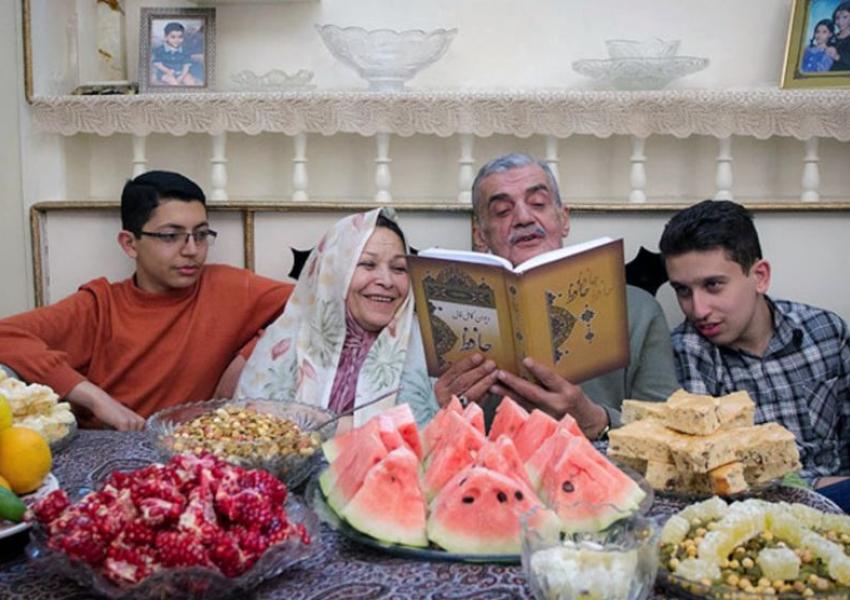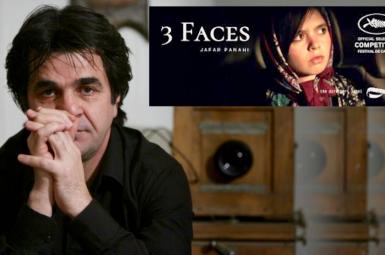
Rouhani Urges Iranians To Hold Winter Festival Online For Fear Of Covid
Ahead of the popular ancient festival of the winter solstice on December 20, the Iranian President Hassan Rouhani and health officials have been pleading with Iranians to honor the festival this year virtually instead of having the usual family gatherings and parties.
Iranian media reports say many people have already started shopping for the event, which is celebrated on the evening of the longest night of the year [December 20/21], known as Yalda or Shab-e Chelleh in Iran.
“I request the people to honor the night of Yalda as an online event,” Rouhani said at a meeting of the National Coronavirus Combat Taskforce on Saturday. He extended his warning to religious events and festivals ahead, including the death anniversary of the Prophet Mohammad’s daughter Fatemeh later this month.
Pointing out that Covid-19 cases have declined, after peaking on December 1, as a result of the recent lockdowns, and that daily deaths have dropped from around 500 to under 300, Rouhani said gatherings on the night of Yalda could produce a new peak after two weeks.
Due to its great popularity, like the ancient New Year festival of Nowruz, the hardline religious establishment − which is generally wary of honoring pre-Islamic customs and traditions − does not too strongly condemn or even suppress it as they do Charshanbeh Suri, a late winter festival held outdoors with bonfires that many clerics denounce as pagan. The popularity of Yalda is such that the spokesman of the National Coronavirus Combat Taskforce on Friday said authorities were considering a 24-hour lockdown with traffic ban through the evening to stop people traveling to parties.
On the night of Yalda, Iranian families prepare a spread which often includes red foods, symbolizing fire and the renewing sun, such as pomegranates, watermelons specially kept for the occasion, and cooked beetroot, as well as nuts, other fruits, and sweets. Yalda is marked on the last evening of fall and the beginning of winter which usually corresponds to December 20 in the Gregorian calendar and is celebrated with large gatherings of family members, relatives and friends, who recite the poems of Hafez and Ferdowsi, two of Iran’s national poets, tell stories and fables, play music, sing and dance.
Yalda is one of the oldest Iranian traditions dating back to pre-Islamic times and was officially added to Iran’s List of National Treasures in 2008. The festival is also celebrated in neighboring countries such as the Republic of Azerbaijan and Afghanistan.
This has been a year – 2020, Gregorian, or 1399, Iranian – like no other. In February, Iran became the second country after China where the pandemic took root. The government initially decided against lockdowns and allowed crowded religious gatherings to go ahead. According to official numbers, more than 1 million people have so far been infected and more than 51,000 have died. Critics say that the real numbers are higher, citing many indicators including an otherwise unexplained increase in the number of deaths.









